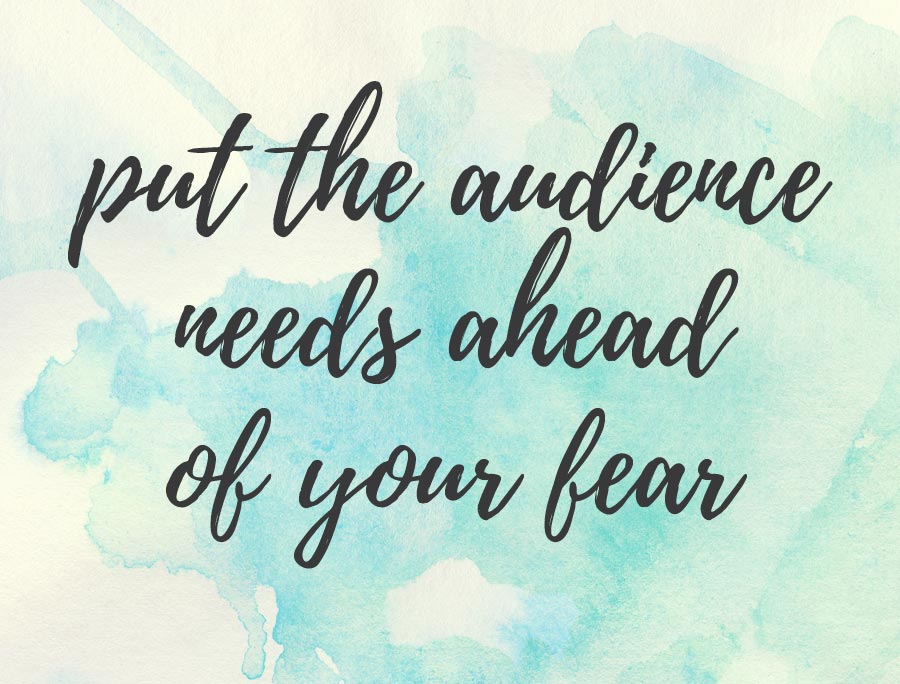“I put on my first parent seminar this week. I was so terrified I almost cancelled! But I got over myself because I know parents are a bit desperate about how to help their boys and girls build a strong, positive body image (in our weight-obsessed culture).”I contacted Emma, who was behind this comment. She suffered from an eating order as a child. She now helps parents to ensure their children have a healthy attitude towards eating and body image.
Emma told me that she was making plans to cancel her seminar right up to just before it started! But she went ahead, and it was a huge success. 100% of the attendees signed up to follow her e-course. As she spoke, she felt her nervousness evaporate because she realised people were listening and engaged!
Susan Cain’s TED talk has been viewed over 25 million times, but Susan once suffered from a crippling fear of public speaking.
She quit her career as a lawyer to write. After writing her first book, “Quiet, the power of introverts in a world that won’t stop talking,” she decided to do someone about her fear.
In this brilliant interview with Tim Ferris, she explains that she had something to say that she “really, really, really cared about.” She didn’t want her fear to get in the way of sharing her message. Like Emma, she says that she is now able to shift the focus away from being nervous about being judged to how she might be helping someone.
Let’s take a closer look at why finding your message will help you find your voice.
- It can give you the incentive or motivation to deal with your fear of public speaking. Susan Cain realised she had a problem. She attended public speaking training to help with her nervousness. Emma went ahead with her seminar despite a strong desire to cancel.
- It allows you to worry less about what your audience will think of you and focus more on what value you can offer. Susan says she still uses this as a technique to help with nerves.
- You will be knowledgeable about the things that you care about. A doctor friend of mine who took over the management of a GP clinic has amazed herself by being able to lead meetings confidently. Previously she was nervous about contributing at meetings. But she now recognises that she is the export and that she knows her subject matter well.
- When you care, you talk with passion and conviction. And this will make you a better speaker.
In the season five finale of Peaky Blinders, Thomas (who is now an MP) is talking to Winston Churchill. Winston says, “You speak beautifully in the House.” “And believe not a word of what you are saying.” Thomas responds, “Conviction introduces emotion, which is the enemy of oratory.”
We have all come across people who can talk convincingly about things they know or care little about! But they are the exception. Most people are only convincing when they genuinely care.
Typically, the advice for people who suffer from a fear of public speaking is about being well prepared, learning relaxation methods, and learning better technique.
These are all important, but this article offers a different angle. Focus on what you feel strongly about. And if you don’t know what that is yet, keep looking. The first step to finding your voice is finding your message.
Article written by Catherine Syme
Updated and revised, September 2020.

